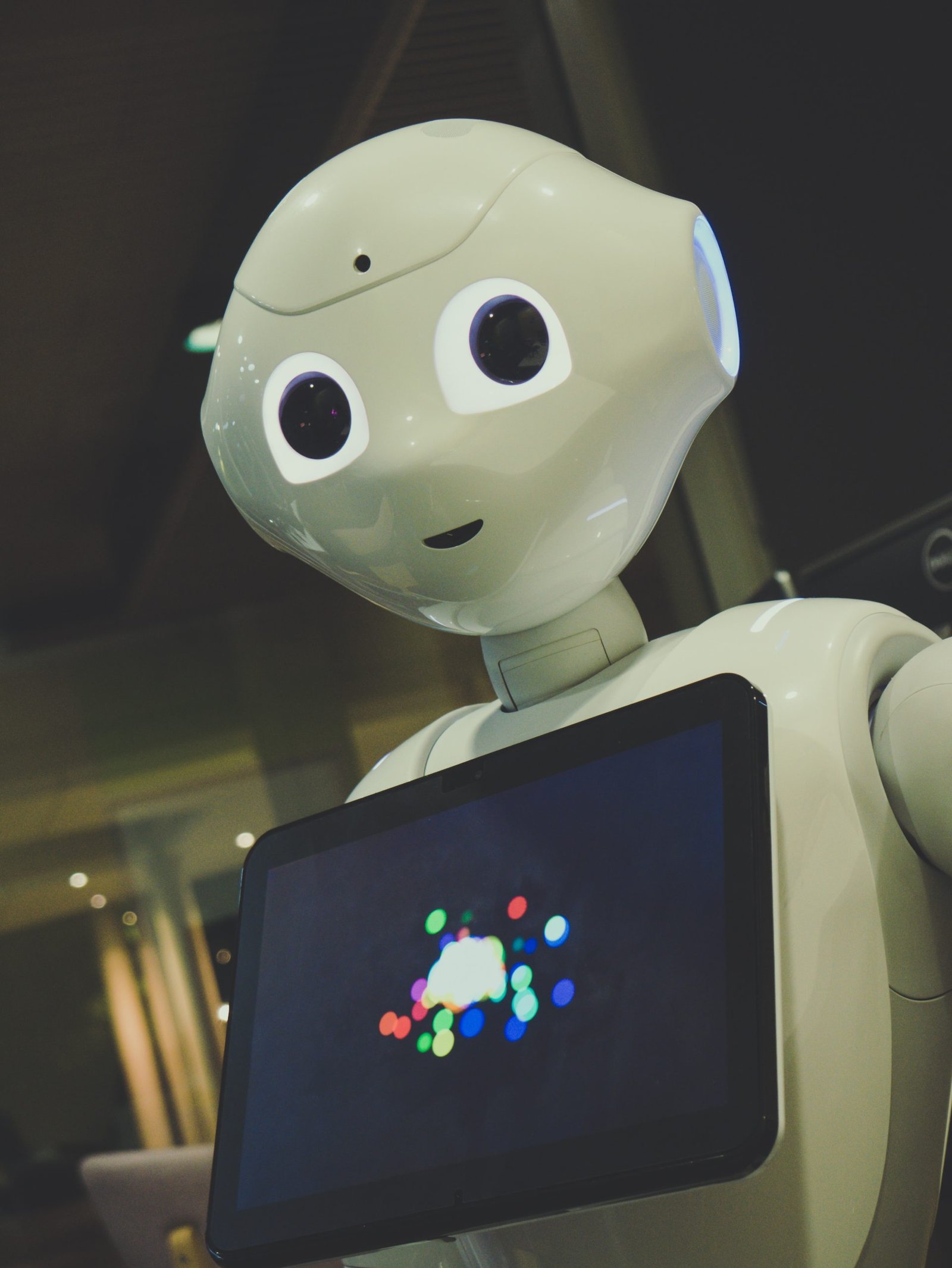Artificial Intelligence (AI) has emerged as a transformative technology, revolutionizing various industries and shaping the way we live and work. With its ability to mimic human intelligence and perform complex tasks, AI is guiding users and society towards new possibilities and opportunities.
AI is already integrated into our daily lives, from voice assistants like Siri and Alexa to personalized recommendations on streaming platforms. It has become an indispensable part of our digital ecosystem, enhancing efficiency, convenience, and productivity.
One of the key ways AI is guiding users is through personalized experiences. By analyzing vast amounts of data, AI algorithms can understand user preferences and tailor recommendations accordingly. Whether it’s suggesting movies, products, or articles, AI helps users discover new content that aligns with their interests and preferences.
AI is also driving significant advancements in healthcare. Machine learning algorithms can analyze medical data to detect patterns and make accurate diagnoses. This has the potential to improve patient outcomes and revolutionize the healthcare industry. Additionally, AI-powered robotic surgery systems are enabling surgeons to perform complex procedures with precision and minimal invasiveness.
However, the impact of AI extends beyond individual users. It is shaping society as a whole by transforming industries and creating new job opportunities. AI-powered automation is streamlining processes and increasing productivity, leading to economic growth. It is also enabling the development of autonomous vehicles, smart cities, and sustainable energy solutions.
While AI brings numerous benefits, it also raises ethical concerns. The question of whether AI is good for humanity is subjective and complex. On one hand, AI has the potential to solve pressing global challenges, such as climate change and healthcare disparities. On the other hand, there are concerns about job displacement, privacy invasion, and algorithmic biases.
Regulation of AI is a topic of debate. Some argue that AI should be regulated to ensure transparency, accountability, and fairness. They highlight the need for ethical guidelines and regulations to prevent misuse and protect user rights. Others believe that excessive regulation may stifle innovation and hinder progress. Striking the right balance between regulation and innovation is crucial.
In conclusion, AI is undeniably guiding users and society towards new frontiers. Its impact is evident in various domains, from personalized experiences to healthcare advancements. However, the question of whether AI is good for humanity and whether it should be regulated is complex. It requires thoughtful consideration, collaboration between stakeholders, and a balance between innovation and ethical safeguards.





